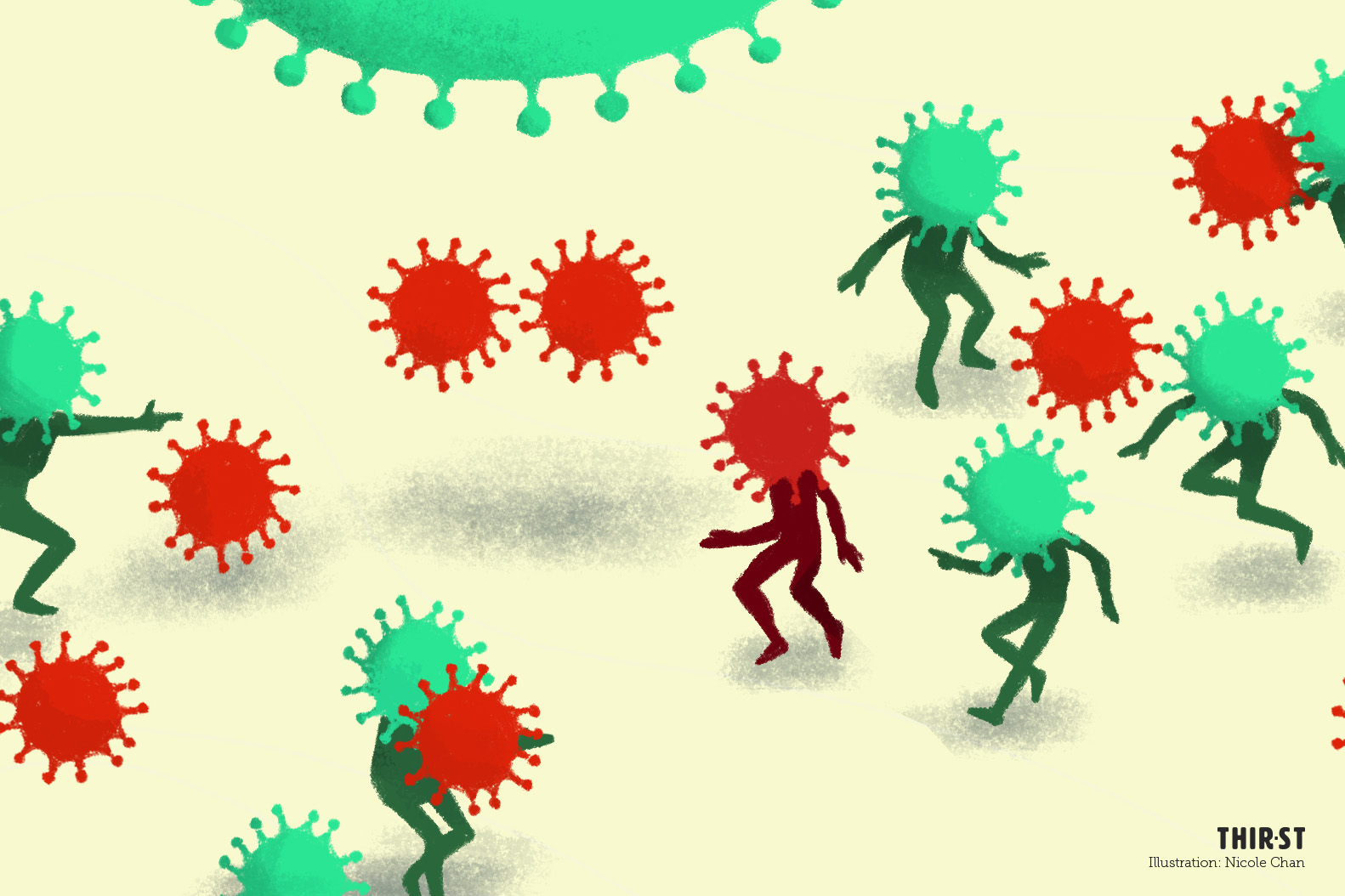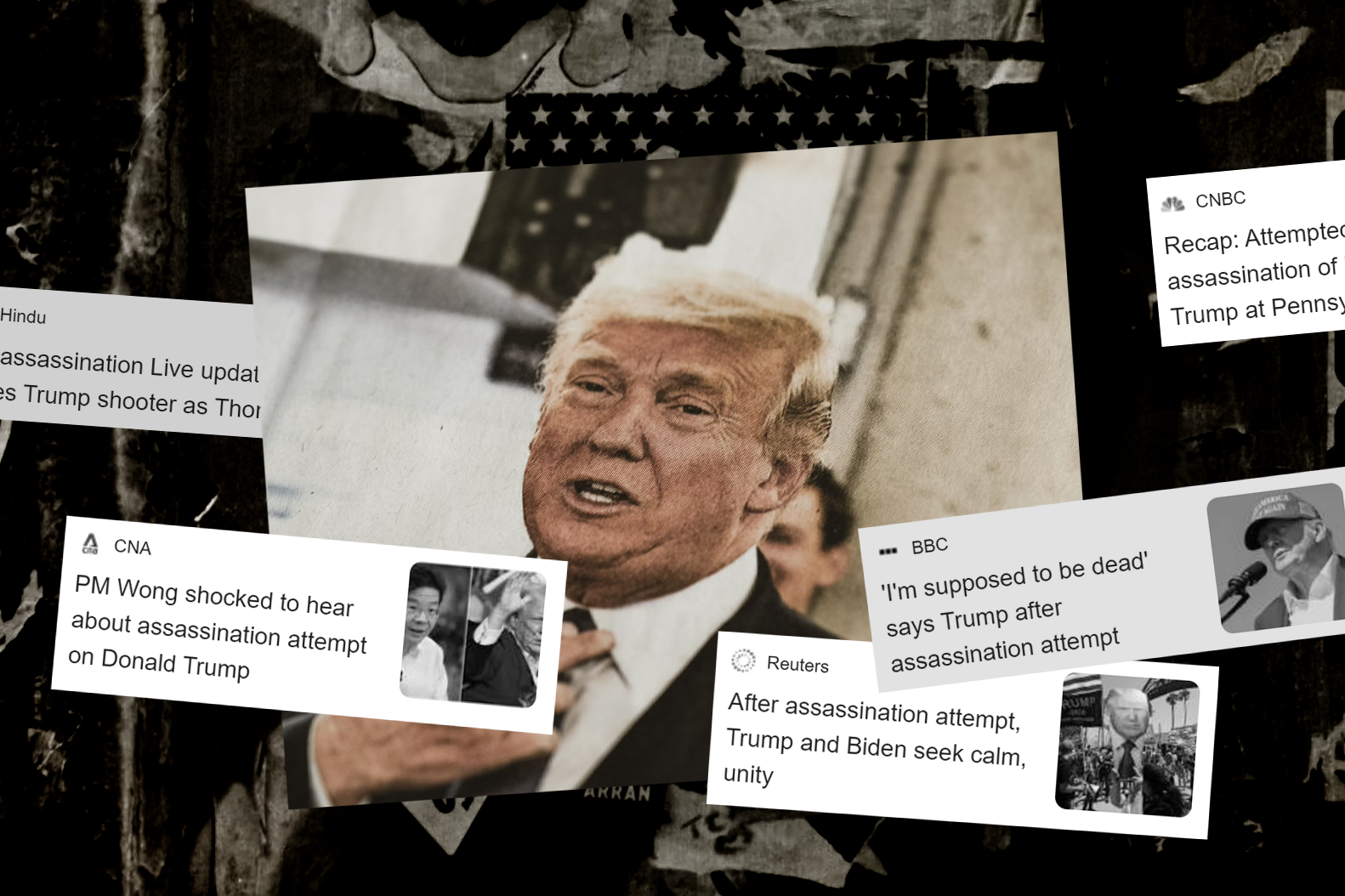It has been just a week since the first case of the Wuhan coronavirus (2019-nCoV) made headlines in Singapore. That number has since reached 13 as of January 30, 2020.
People are beginning to wear masks in public spaces. As the number of cases increases by the day, so has fear and paranoia, evidenced by the rush to buy masks and circulation of fake news.
Noticeably, there has been a greater sense of animosity towards Chinese nationals especially on social media. Videos and images featuring them eating wild animals have since been circulated, drawing condemnations of their actions.
Some locals have gone to the point of being judgmental of Chinese behaviour based on personal experiences and even started an online petition to temporarily ban Chinese nationals from entering Singapore.
SCARRED BY SARS?
The response isn’t surprising, however. The scars of the Severe Acute Respiratory Syndrome (SARS) pandemic in 2003 still run deep in Singapore. The crisis tested our fabric of society, and many of who lived through that period might agree that it played a part in shaping our history as a nation-state.
I recently had a conversation with someone who works in the healthcare sector and went through the SARS pandemic. Recognising the impact that SARS had on our hospitals, healthcare workers and in her own life then, the 2019-nCoV viral outbreak brought back painful memories for her.
When the virus first broke out and people began to blame the Chinese for its spread, I found myself asking how we as a society should respond as a citizen of our nation and especially as a Christian. I realised that how we respond should be heavily dependent on our identity as believers, with a God who guides us on how to live as His children through His Spirit and the Word.
How then does that look like in light of the coronavirus outbreak?
3Rs TO REMEMBER
1. Recognise His sovereignty
“Consider the work of God: who can make straight what he has made crooked? In the day of prosperity be joyful, and in the day of adversity consider: God has made the one as well as the other, so that man may not find out anything that will be after him.” (Ecclesiastes 7:13-14 ESV)
In the face of trials and tribulations, there is a tendency to introspect and forget about God. Even if we do remember him, we easily forget his sovereignty in suffering and unfavourable circumstances.
It is very easy to blame God for worldly suffering, but there is wisdom and humility in acknowledging that we can never fully grasp His ways and the realities of a fallen world (Ecclesiastes 8:17).
Instead of harping on the need for answers, let us choose to find solace in God’s sovereignty of the situation as He sits enthroned in heaven, and as His kingdom rules over everything (Psalm 103:19).
2. Release forgiveness
It is very tempting to point a finger at someone or something to deflect blame, or to simply find an outlet to vent our emotions. As much as the Chinese are responsible for their choice to consume wild animals even after the lessons from SARS, we should avoid pointing fingers.
Doing so may cause us to fall into the trap of xenophobia, or develop negative views towards them that may not only be misrepresentative, but also false.
As Christians, we know that our loving Father chose to forgive us through the sacrifice of His Son on the Cross for our transgressions – instead of blaming us for sinning against Him. More than that, the Apostle Paul in his letters to the early Church instructed the believers to forgive “just as in Christ God forgave you” (Ephesians 4:32).
With forgiveness comes patience, as we bear with each other’s shortcomings and be slow to anger with one another, even if it is a repeated mistake. Just as God has forgiven us again and again, will we choose to have that same level of patience with the mistakes of others?
3. Refrain from jumping to judgement
Even though the consumption of wild animals is unorthodox to most of us, there is little to gain from judging the lifestyle of a group of people. What it mostly does is sow greater distrust and animosity towards them, when they probably have their reasons for such practices.
It may sound absurd to us, but we should respect their choices. If we do not wield power to influence what they choose to do, the least we can do is understand and change our perspective of things.
Christ taught us to be slow to judge (Matthew 7:3-5), especially because we too aren’t perfect – there are probably areas in our lives that are as displeasing to Him and others. We too should demonstrate a similar attitude towards contrasting lifestyles and behaviours – of course while being intolerant towards injustice and evil.
Overall, all of these traits recognise God’s love for man that should ultimately be translated to a love for our neighbours as ourselves (Mark 12:31). After all, we are called to love because God first loved us (1 John 4:19).
Diseases and epidemics are but a small fraction of the groaning humanity faces on this side of eternity for something better that can only be found in Christ when He comes again (Romans 8:22-23). We need to model a life after Christ for others who do not know Him, so that they may see the light and respond as we do (Ephesians 5:8-14).
It boils down to this question: What would Jesus do? As Christ was radical and acted in ways that were contrary to the world around Him in His time, so should we in response to the circumstances we face in our time.
We have the power to choose. Let us choose love and courage when the world entices us to choose hate and fear. May our actions honour God and bring glory to Him even in the face of suffering.
- Take a moment to remember the sovereignty of God in this situation.
- Release feelings of resentment towards the Chinese and choose to forgive.
- Repent from judgemental attitudes and anti-Chinese sentiments.
- Pray for those who are suffering from the virus and the medical professionals who are on the frontline of the pandemic.









